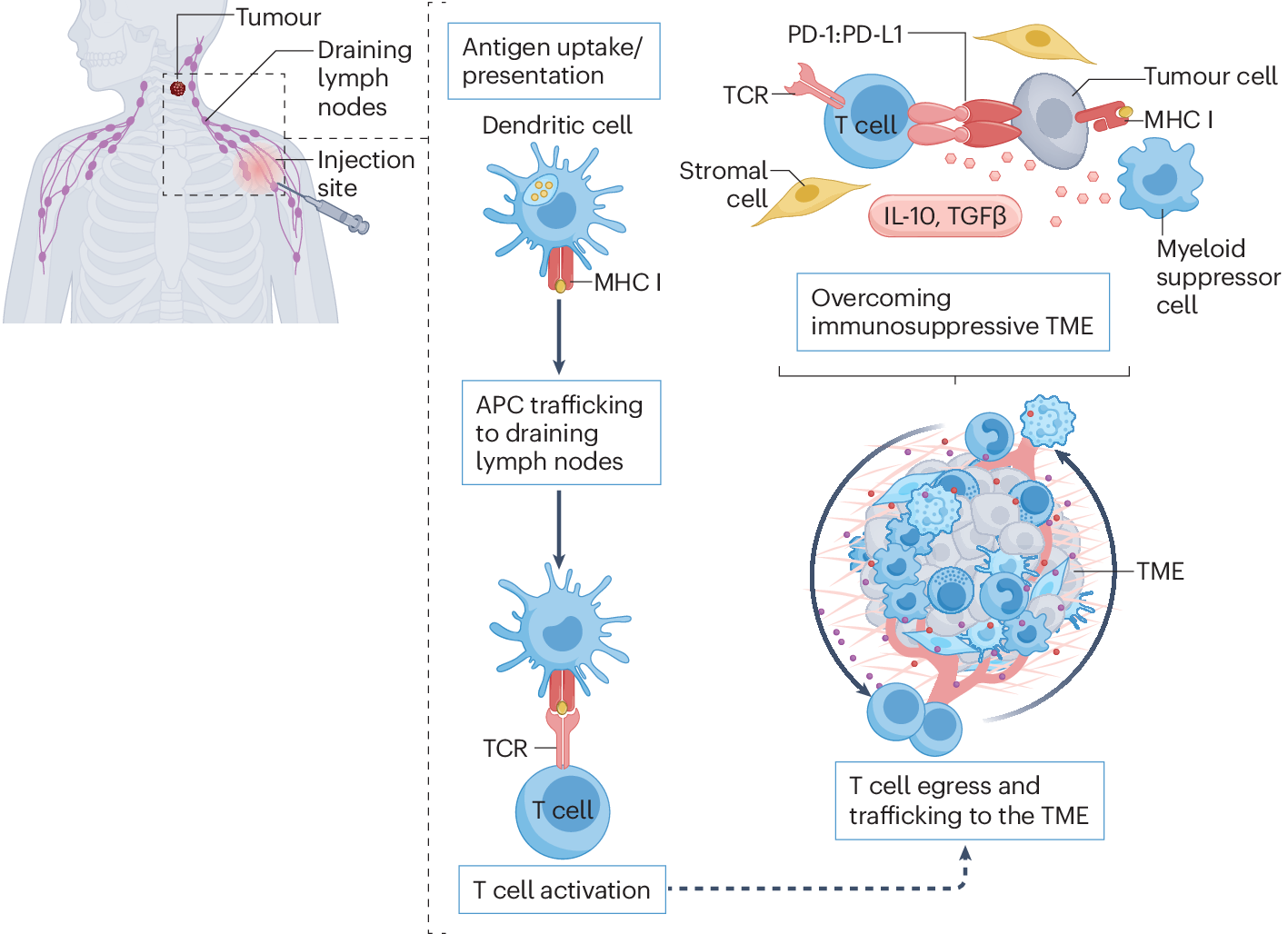mRNA technology
mRNA technology has seen significant advancements beyond its initial use in COVID-19 vaccines.
Cancer Vaccines: Researchers are exploring mRNA vaccines tailored to specific tumors, allowing the immune system to recognize and attack cancer cells more effectively. Clinical trials are underway for various cancers, including melanoma and breast cancer.
Autoimmune Diseases: mRNA is being investigated as a potential treatment for autoimmune disorders. The idea is to use mRNA to encode antigens that could help retrain the immune system to reduce its attack on healthy tissues.
Genetic Disorders: Scientists are working on using mRNA to replace or repair defective proteins in genetic disorders like cystic fibrosis and Duchenne muscular dystrophy. This approach aims to provide a more direct solution to underlying genetic issues.
Infectious Diseases: Beyond COVID-19, mRNA vaccines are in development for diseases like influenza, Zika, and rabies. The platform's flexibility allows for rapid response to emerging infectious threats.
Therapeutic Proteins: Researchers are also investigating the use of mRNA to produce therapeutic proteins directly within the body, potentially simplifying the production process and improving the availability of treatments for conditions like hemophilia.
Delivery Systems: Advances in lipid nanoparticles and other delivery methods are improving how mRNA is delivered to cells, enhancing stability and effectiveness while reducing side effects.
Regulatory Approvals: As mRNA technology matures, regulatory bodies are beginning to establish clearer guidelines for its use, paving the way for broader applications in medicine.


Comments
Post a Comment